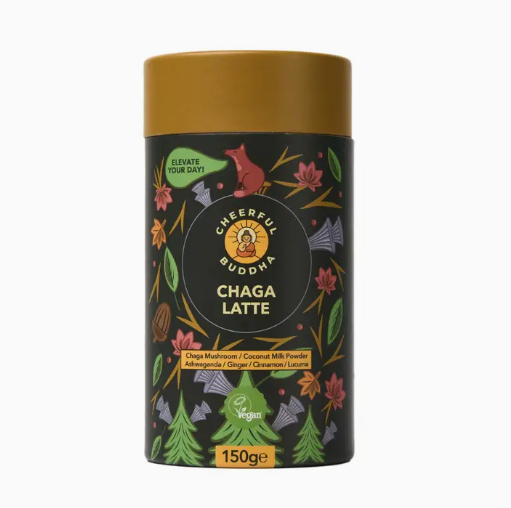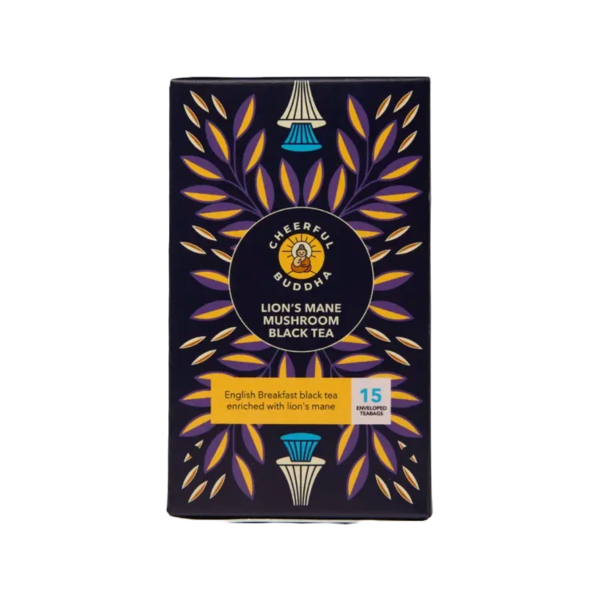A health mushrooms that boasts bright orange tendrils spindling there way upwards. Producing something a little different for your studies. In the wild this mushroom is strangely found growing on insects such as ants. Mostly found in countries across Asia.
Cordyceps is reported to have adaptogenic properties that help the body to adapt to stress, which most of could use some support within this modern world we live in! It is also said to support functioning of the immune system so may be great for taking when feeling a little under the weather. Not only that but they are reported to have a positive impact on energy levels.
Cordyceps are one of the easier health mushrooms to cultivate and therefore can be a great choice for beginners.
Cordyceps liquid culture are UK syringes that have been created in a sterile environment in front of a laminar flow hood but it is important that you are also sterile when handling the syringe in order to have a successful study.
Storage
Please keep your spores in the fridge between 2-8c to ensure they stay fresh and viable for your studies. They can be kept for up to six months in these conditions prior to being viewed. We would recommend taking them out 12 hours prior to studying them so they can acclimatize to room temperature.
Don’t Miss Out!
Why not give Shiny Spores a follow!
Disclaimer
Please note that it is illegal to grow magic mushrooms within the UK. We ask that you do not use these spores to grow mushrooms, but instead use them to study under a microscope. We cannot be held liable for any illegal use of these spores. Please check your local regulations as we cannot be responsible for the laws you should follow in your own country.
The Syringe Itself
All our spore syringes are carefully packed in the UK. To avoid premature injection during transit, the included needle is kept safely in the plastic packet and the syringe is secured with a syringe end cap. We do not include an alcohol swab as we do not want our customers to wipe the already sterile needle.
Please note all syringe needles come fully sterilized/gamma irradiated and any attempt to sterilize them further will most likely contaminate them.







Reviews
There are no reviews yet.